China's complete manufacturing clusters, strategic position in the Asia-Pacific region and numerous free trade agreements with various countries will remain beneficial for multinational corporations aiming to capitalize on growth opportunities, said business executives and experts.
They added that China, the biggest trading partner for more than 120 countries and regions, is not only the world's major manufacturing powerhouse, but has also become a global hub for innovation, particularly in industrial technology, digital services and green energy.
The country's well-developed supporting industries, free trade deals, including the Regional Comprehensive Economic Partnership and the China-South Korea FTA, as well as the tangible growth of the Belt and Road Initiative, have facilitated multinationals in exporting products manufactured at their plants in China to other parts of the world, said Cui Weijie, vice-president of the Chinese Academy of International Trade and Economic Cooperation in Beijing.
Sharing a similar outlook, Lyu Yue, a professor at the University of International Business and Economics' Academy of China Open Economy Studies in Beijing, said that China's strong manufacturing capabilities, along with its favorable business environment, will keep providing multinationals with improved conditions. This setting not only promotes production efficiency and cost reduction, but also offers vast opportunities for global companies aiming to promote their international presence.
According to data from the General Administration of Customs, the import and export value of foreign businesses in China reached 12.61 trillion yuan ($1.75 trillion) in 2023, accounting for 30.2 percent of the nation's total foreign trade.
Hubert de Haan, senior vice-president and chief sales and marketing officer for China at BSH Home Appliances Group, said the German manufacturing company is expecting double-digit growth in its sales revenue in the Chinese market this year, and it will continue to bring the latest global products to China and promote the nation's innovative products to the global market.
"Three decades ago, we only had a few products manufactured in China, with most being imported. Today, the vast majority of our products are developed and manufactured in China," he said, stressing that this trend will gain even more momentum in the coming years.
Currently, all BSH Home Appliances' localized products are developed and produced in seven factories across China, with a number of them exported to global markets each year.
Also upbeat about the Chinese market, United States-based Goodyear Tire and Rubber Co will complete the second phase of its factory in Kunshan, Jiangsu province, by the end of this year. This project is expected to yield annual operating revenue of 700 million yuan, based on a $200 million investment.
Chris Helsel, Goodyear's senior vice-president for global operations and chief technology officer, said that in addition to supplying tires to a large number of car manufacturers in China, such as Tesla Inc, General Motors, BYD, Nio and Geely, the company also takes advantage of low tariff rates under the RCEP framework to ship tires manufactured at its Chinese plants to Japan and several Southeast Asian countries.
Ministry of Commerce spokesman He Yadong said on Thursday that in order to create more favorable conditions for multinationals, restrictions had been removed on foreign investment access to the manufacturing sector in the negative list for China's pilot free trade zones.
Closer business ties between China and global markets have also led FedEx Express, the US courier service provider, to build its South China operations center at Guangzhou Baiyun International Airport in Guangdong province.
Scheduled to start operations in 2027, the facility will be able to sort up to 25,000 packages and documents per hour, three times the efficiency of the company's current Guangzhou Gateway, which operates more than 240 international flights and 700 trucks per week, reaching over 220 countries and regions.
Eddy Chan, senior vice-president of FedEx Express and president of FedEx China, noted that a significant number of Chinese companies are directing their investments and resources toward manufacturing operations in Southeast Asia. This shift has led to an increasing need for customized services to maintain the seamless functionality of their supply chains within the region.
As multilateralism plays a pivotal role in expanding the global economy, Maximilian Foerst, president and CEO of the China unit of Zeiss Group, the German manufacturer of eyeglass lenses and ophthalmic instruments, said anti-globalization and "decoupling" measures are not a wise choice.
"We are unequivocally a global company, with more than 80 percent of our revenue generated beyond Germany," he said. "We are committed to fostering fair trade relations and maintaining an open stance, which is our foremost priority and attitude."










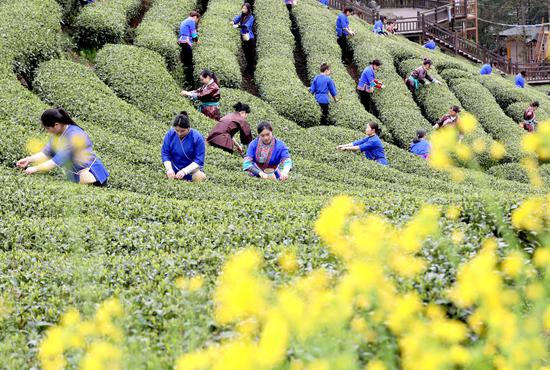
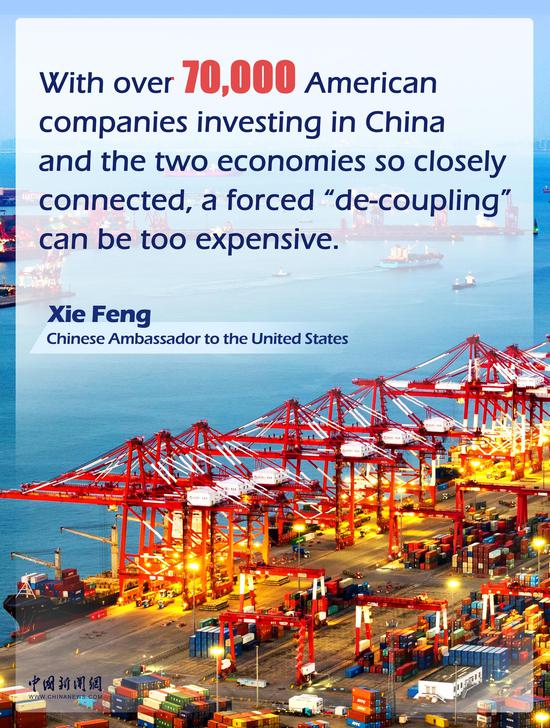

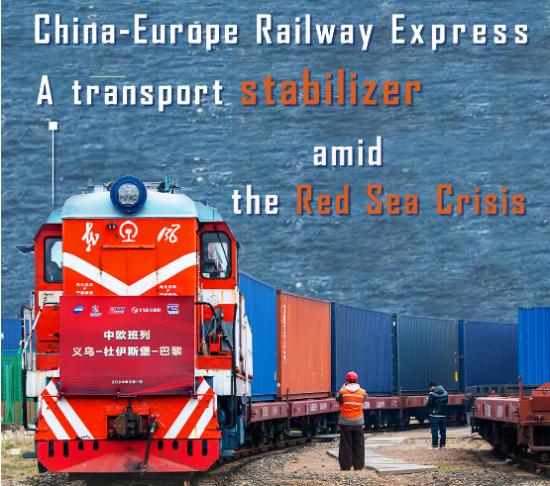





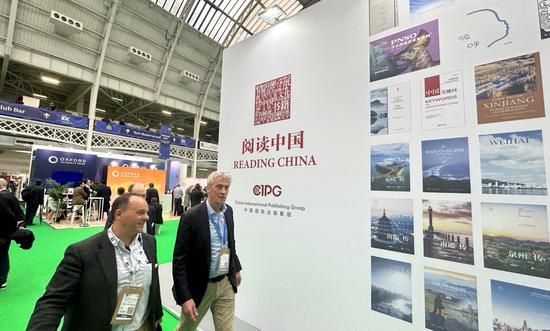



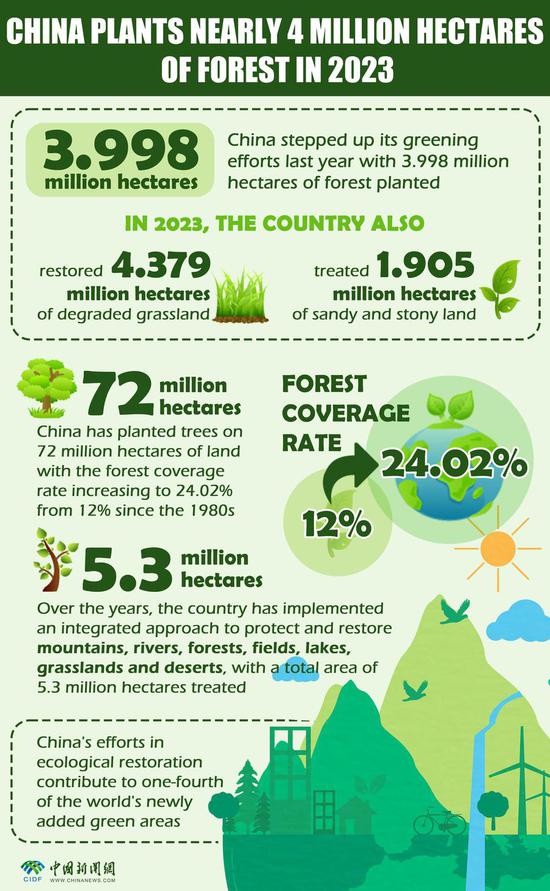



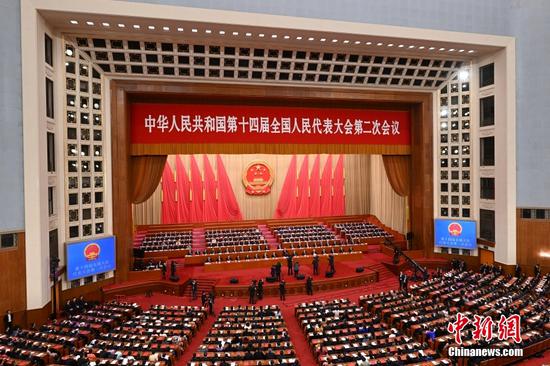

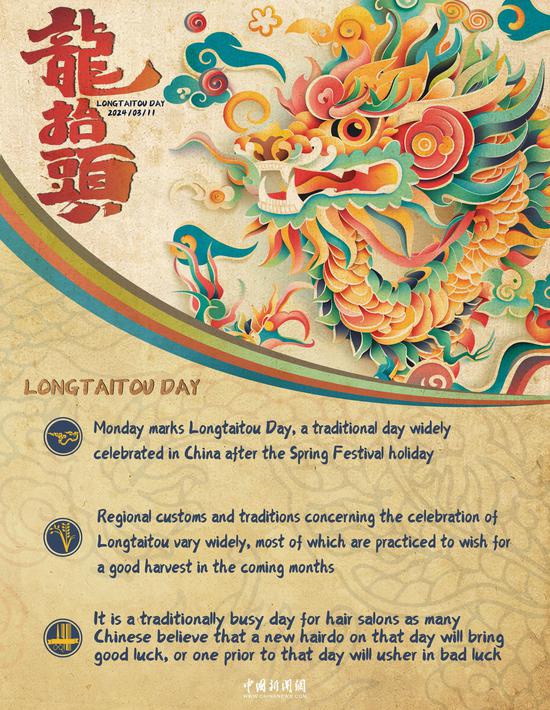

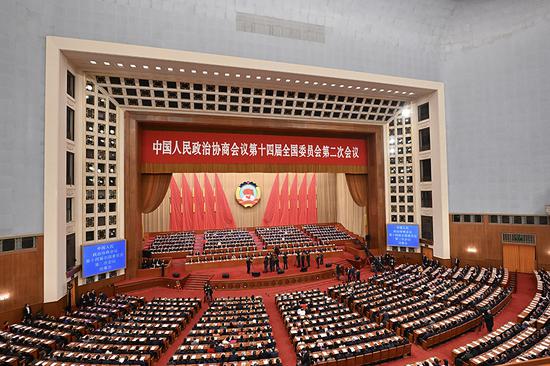
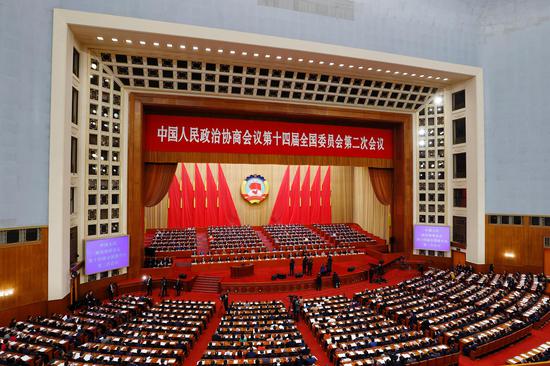

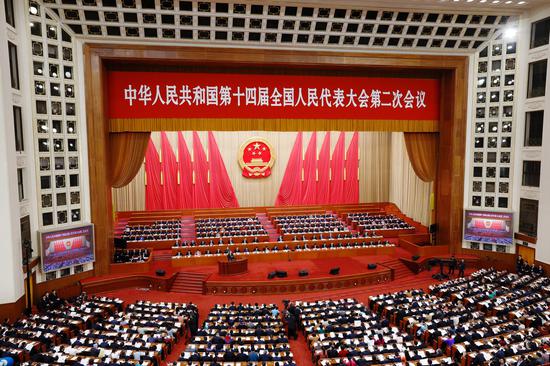
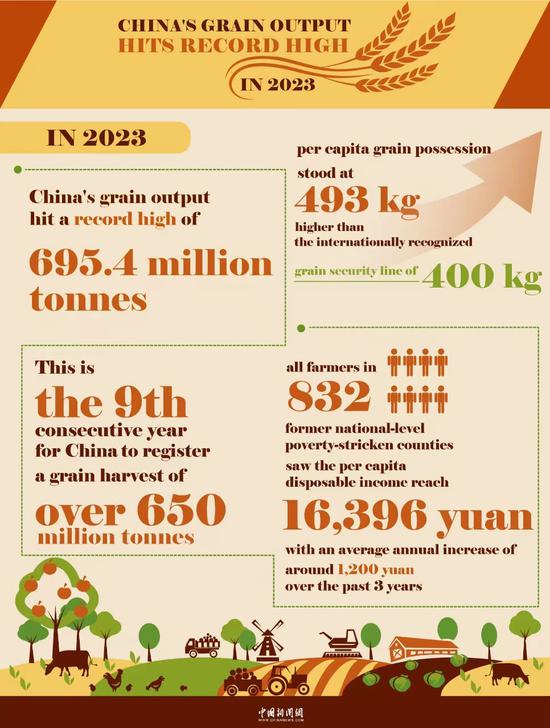
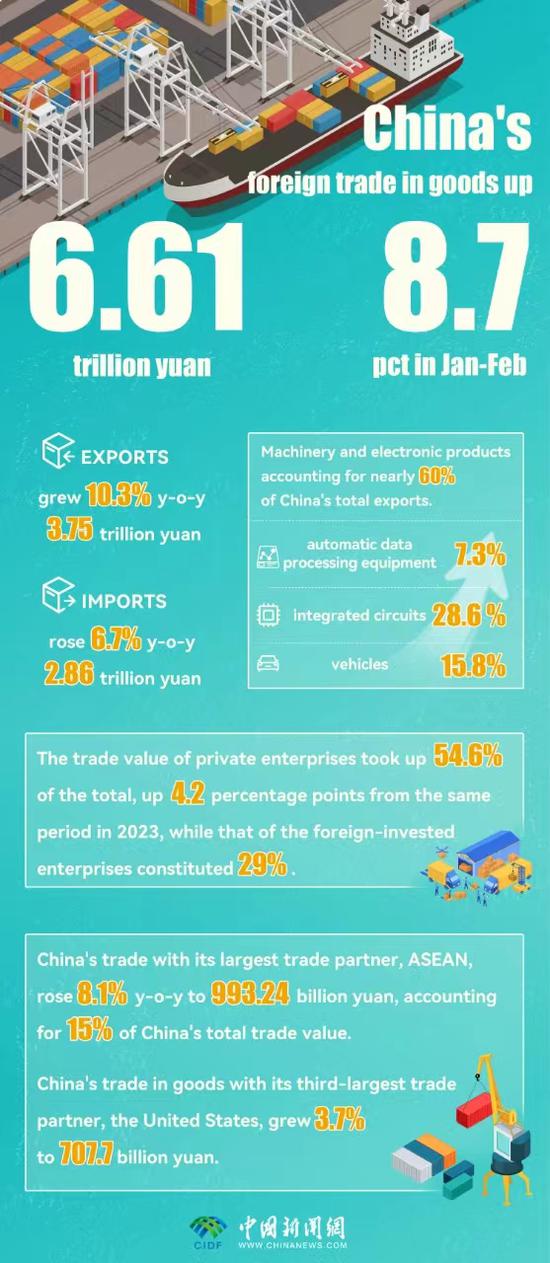
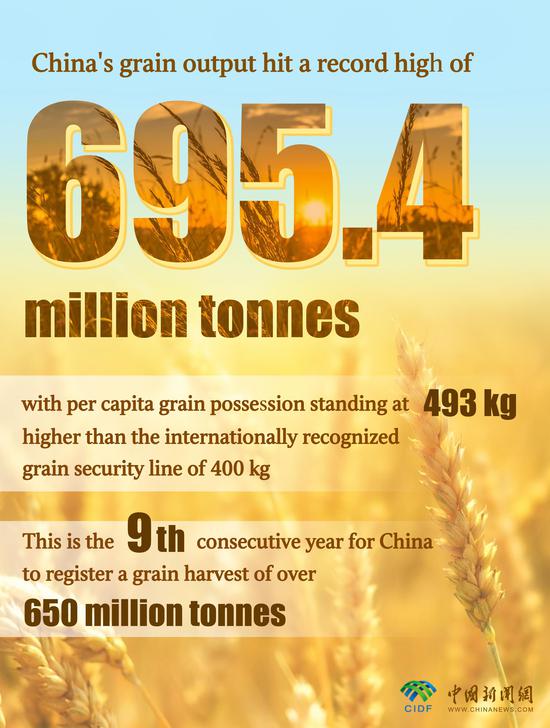
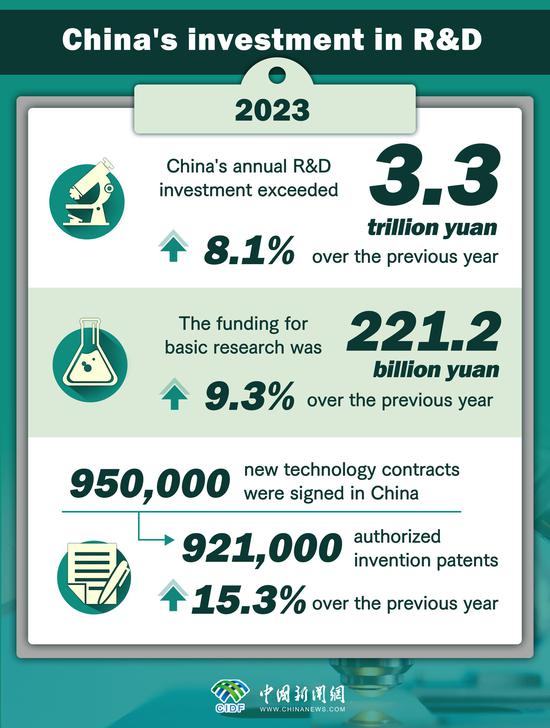
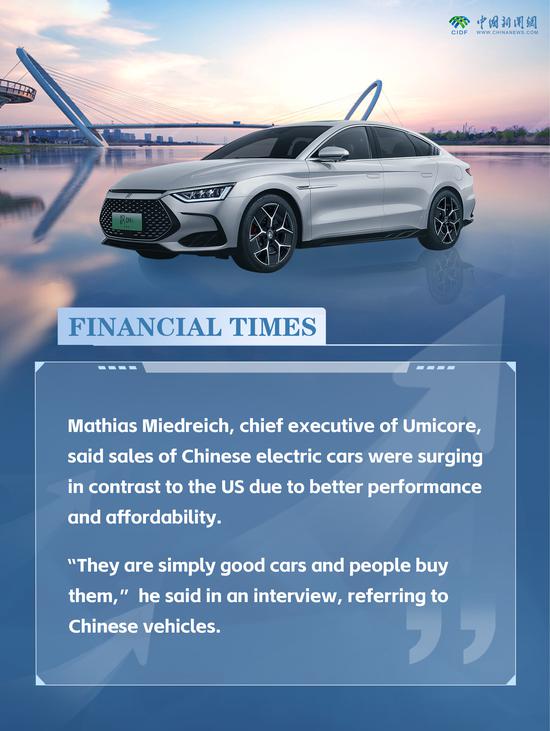
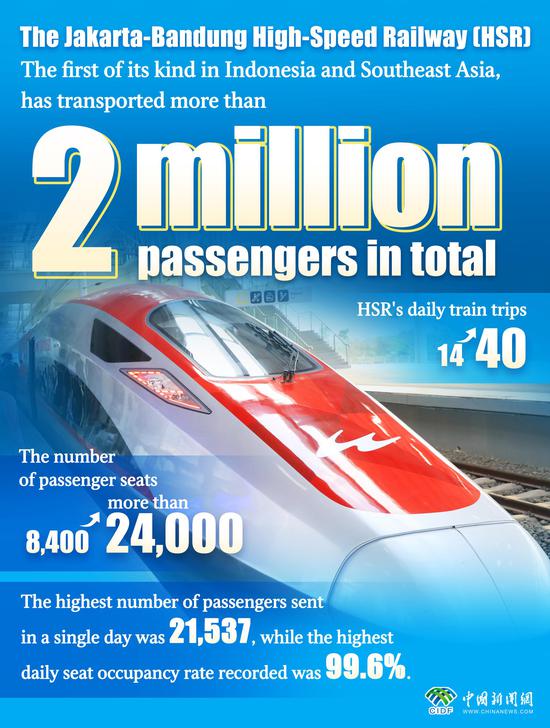



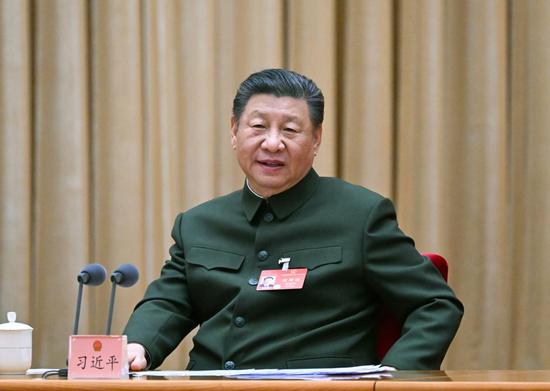





 京公网安备 11010202009201号
京公网安备 11010202009201号